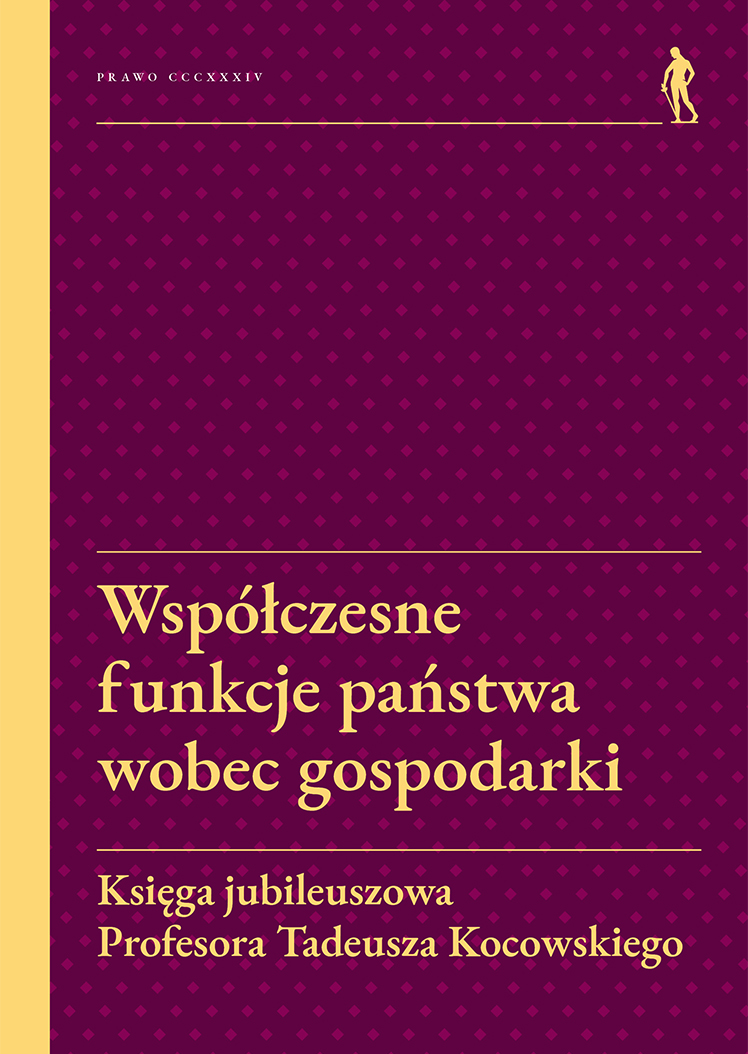

Articles

All three types of contemporary interventionism in the economy (international interventionism, European Union interventionism, state interventionism) are related to the situation of EU Member States. They are in a mutual relationship of coexistence and dependence as well as complementarity. Neither international interventionism nor EU interventionism deprive the state interventionism of EU Member States of their raison d’être. However, this interventionism is different from the traditional state interventionism of the 19th and the first half of the 20th centuries.
It is so because modern states aim to obtain the civilization level of developed countries. Therefore, it should be the duty of the state to strive for membership in the most important international and integration organizations and to ratify other international agreements that are important from the perspective of society and the economy. Thanks to this, the society of a given state can count on the fact that its national authorities will use modern patterns and standards of civilization development. Currently, they are concerned not so much with the economy and its mechanisms as with broadly understood security (climate, energy, health, demographic and social security). Security is to be guaranteed by the appropriate social and economic policy of the state. Contemorary state interventionism therefore consists in implementing the standards and solutions established under the law of international and EU intervention into national laws and practice. It is also connected with the necessity to supplement certain solutions by means of national provisions, if allowed by the provisions of international and EU law.